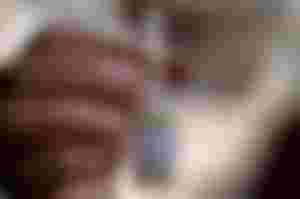
What is the polio?
Polio is a virus that can cause paralysis. Polio is transmitted through contaminated air and food or contact with an infected person. Many people who contract the polio virus don't get sick and don't have symptoms. However, people who became ill with the polio virus were at risk of paralysis, which was sometimes had serious consequences.
Polio is a disease that attacks the nerves that can cause permanent paralysis. This disease is caused by an infectious virus and is highly contagious, but can be prevented by polio disposal.
At what age does polio usually strike ?
Polio or poliomyelitis can be experienced by anyone, but generally affects children under 5 years old (toddlers). So, polio P can strike at any age, but polio primarily affects children under the age of five. In the early 20th century, polio was one of the most feared diseases in industrialized countries, crippling hundreds of thousands of children each year. Although most people with polio are children, this neurological disease can affect anyone of any age. That's why it's so important to get the polio vaccine, both for children and adults, in order to avoid this disease. So, those who are at risk of getting polio are children aged <15 years, especially children under the age of 5 years.
How are the early symptoms of polio ?
Early symptoms of polio are fever, fatigue, headache, vomiting, stiffness in the neck, and pain in the limbs. Polia disease is very dangerous because exposure to this virus triggers nerve injury which risks causing paralysis, difficulty breathing, and death.
Until now, there was no cure for polio, so there was no way to cure it faster or prevent paralysis. However, most people recover without long-term damage. However, muscle weakness or paralysis can be permanent.
Polio is caused by an Enterovirus called Poliovirus and it attacks the nervous system which can cause paralysis. The spread of this virus occurs through the faecal-oral route, namely the entry of the virus through food or drink that has been contaminated from feces containing the polio virus.
Outreach and polio vaccination
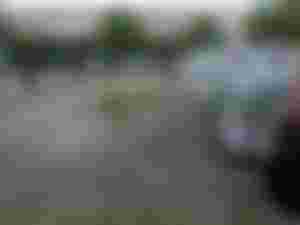
Yesterday morning I visited my 10-year-old son's school because his teacher invited her because health workers were going to school to socialize polio. After hearing a brief briefing from the officers, polio vaccination will be given free of charge to all students. And all are enthusiastic about this program. All of these are government programs to prevent polio from an early age. Polio vaccination is expected to be able to prevent polio, especially in children.
And my son and his other friends got polio vaccination yesterday by putting 2 drops in their mouths. As a parent, I fully support the government's program by providing free polio vaccinations to schools and it is hoped that this program will be able to make us all aware of the dangers of polio.
World polio day

A government program that is currently being carried out by distributing free polio vaccinations to children to support the government's program on world polio day which is commemorated every October 24th. World Polio Day is a day to commemorate the world's efforts to be free from the infectious disease, polio and appreciate the services of those who have contributed to eradicating polio. This is done as evidence of the government's concern about the dangers of polio.
In the 20th century, polio became one of the most feared diseases in industrialized countries. This is because polio can paralyze hundreds of thousands of children every year. The disease was first recognized as a distinct condition by Michael Underwood in 1789 and the virus that causes polio was first identified in 1908 by Karl Landsteiner. Major outbreaks began in the late 19th century in Europe and the United States.
Polio Day, declared by Rotary International, coincides with the birth date of medical researcher Jonas Salk. He was the first researcher to develop a vaccine for polio in 1955. Jonas Salk is best known for discovering and developing the first safe and effective polio vaccine. He was born in New York City, where his parents were Russian-Jewish immigrants.
Final thoughts

Polio cannot be cured, what can be done is only by preventing other than giving vaccinations. Quoted from CNN Indonesia other ways that can be done are :
Washing hands
Polio virus infection begins in the mouth and nose, similar to diseases caused by other viral infections. Making sure your hands are clean before touching your nose and mouth is the easiest polio prevention step that can be done anywhere.
Nutrition for immunity
Good immune system is the key to fighting viruses from within the body. Several ways that can be done to increase endurance are meeting fluid needs, consuming nutrient-rich foods by combining vegetables, meat and fruit, consuming vitamins, and getting enough sleep.
Food and beverage hygiene
Viruses can live in water and food. Cooking water and food until completely cooked can make the virus die and fail to enter and infect the body.
Choosing a public restroom
The polio virus can be transmitted through contact with the feces or faeces of sufferers. Therefore, it is better to pay attention to the cleanliness of public toilets before using them. Especially the toilet that will be used by toddlers. Apart from choosing a toilet, washing hands with soap after using a public toilet is a mandatory step as an effort to prevent polio in public places.
Polio is not a disease but a virus that causes disease. What can be done to get rid of the virus is to prevent it. Let's take care of each other and support government programs to care about the dangers of polio.
May be useful
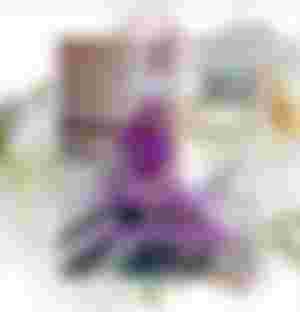
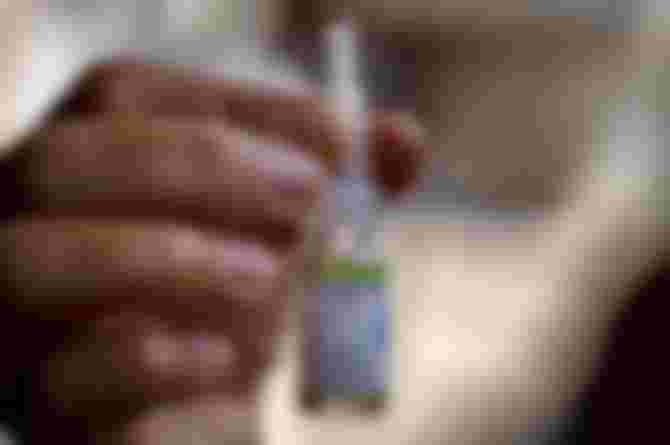


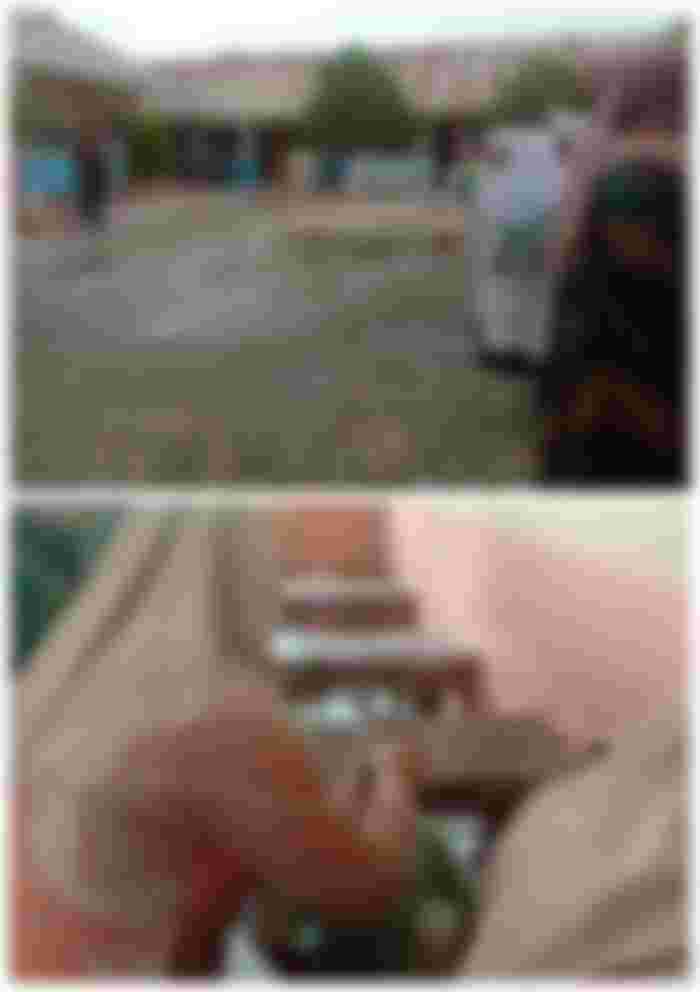
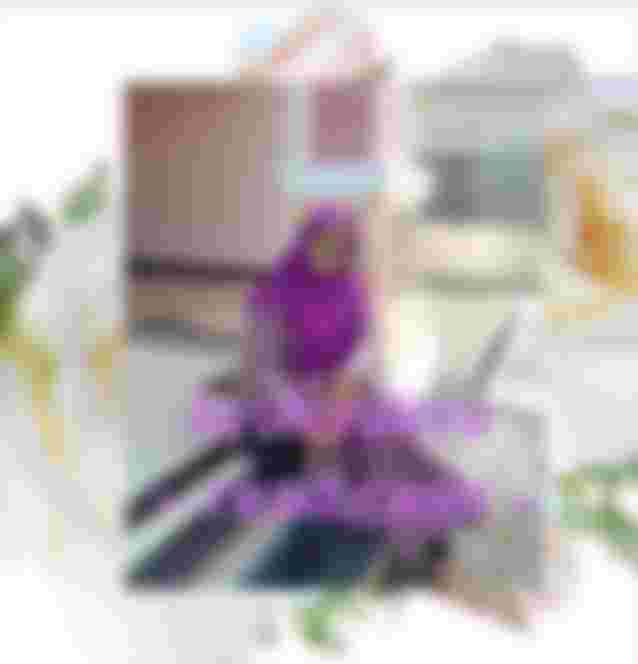
Pertama dan terakhir kali saya dapat vaksin polio itu pas SD kelas 2 atau kelas 3 rasanya. Dulu sempat maraknya kasus polio gitu yang saya ingat.